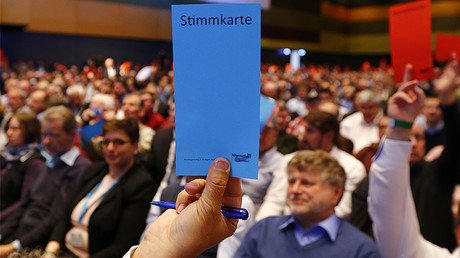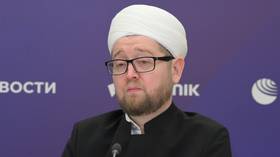Globalization for better or worse is here to stay - World Customs Organization chief
The global supply chain has become imperative and each country participating adds value, said Kunio Mikuriya, Secretary General of the World Customs Organization. He talked to RT about the benefits and drawbacks of global integration.
According to Mikuriya, globalization can be seen as an opportunity to aid the development of the world economy. It leads to improving the business and investment climate.
“At the same time, globalization means there are some who may exploit that opportunity for the illicit goods trade such as drugs or counterfeits. That’s why customs should work together to address the vulnerability of globalization,” he said on the sidelines of the 76th session of the World Customs Organization (WCO) in Moscow.
The Secretary General said globalization should be beneficial for consumers but not criminal organizations.
According to him, the backlash against globalization comes mostly from issues such as unemployment and inequality.
To soften anti-globalization sentiment, global policies should maximize the benefit and address vulnerability, he added.
Russia’s role in that process has become more prominent, particularly when it comes to fighting illicit trade, Mikuriya said.
He praised the attempts to create a single market with the help of the Russia-led Eurasian Economic Union (EEU) which means “more connectivity among its members.”
Earlier this year the WCO signed a memorandum of understanding with the EEU and is looking to increase the block’s involvement in the global business community.
“I’m very confident that we [WCO – Ed.] will continue to deepen our relationship with the EEU,” said the head of WCO.
Russia-led EEU & Israel may ink free trade pact in 2017 https://t.co/pxKHlCwXOR
— RT (@RT_com) October 28, 2016
The EEU trade bloc was established in 2015 by the Customs Union of Russia, Kazakhstan, and Belarus. It was later joined by Armenia and Kyrgyzstan. In October Vietnam became the first non-regional country to join the bloc which is designed to ensure the free movement of goods, services, capital and workforce between member countries.
More than 40 countries and international organizations, including China, Indonesia, and Iran have expressed interest in a free trade deal with the EEU.













